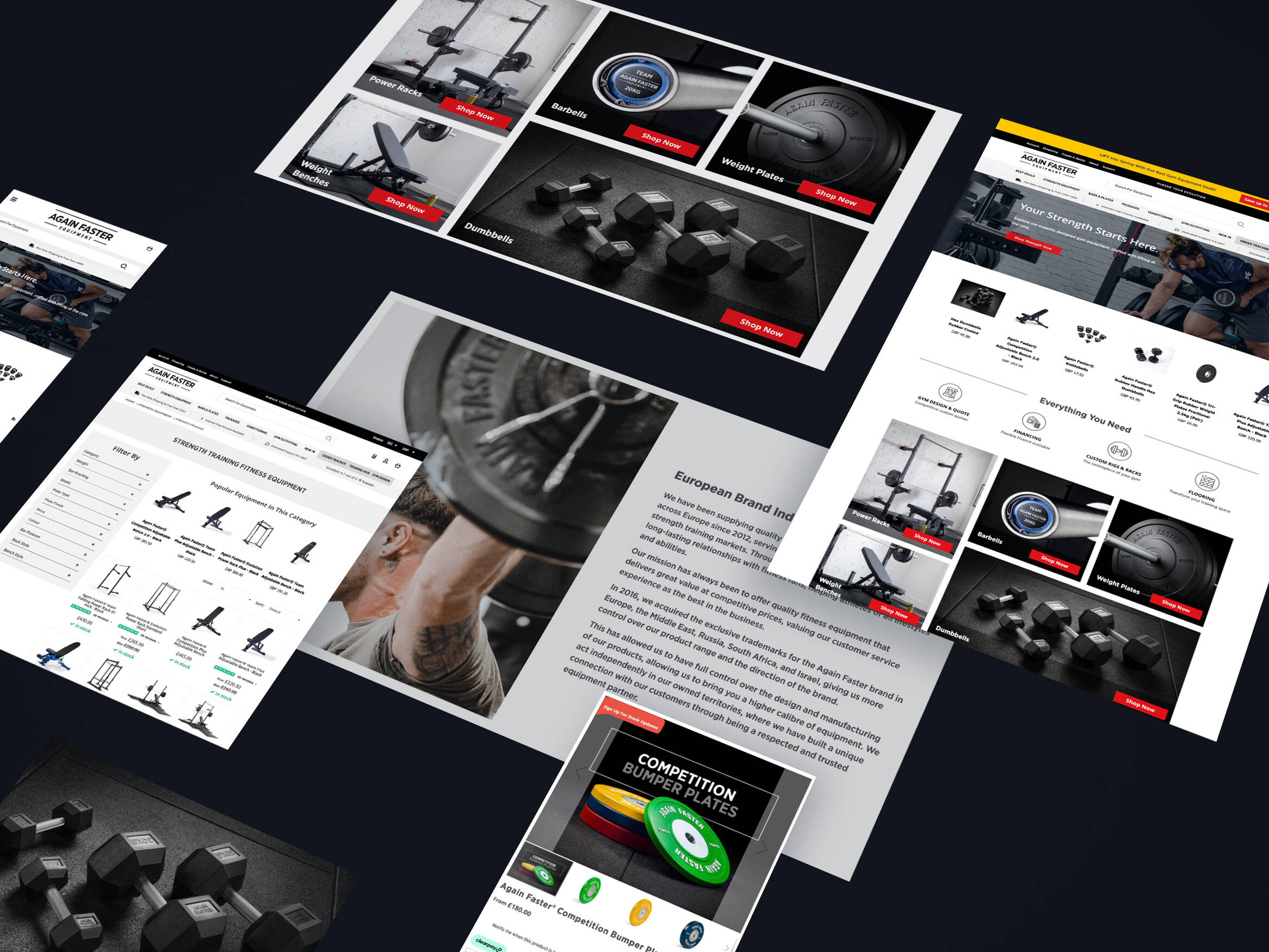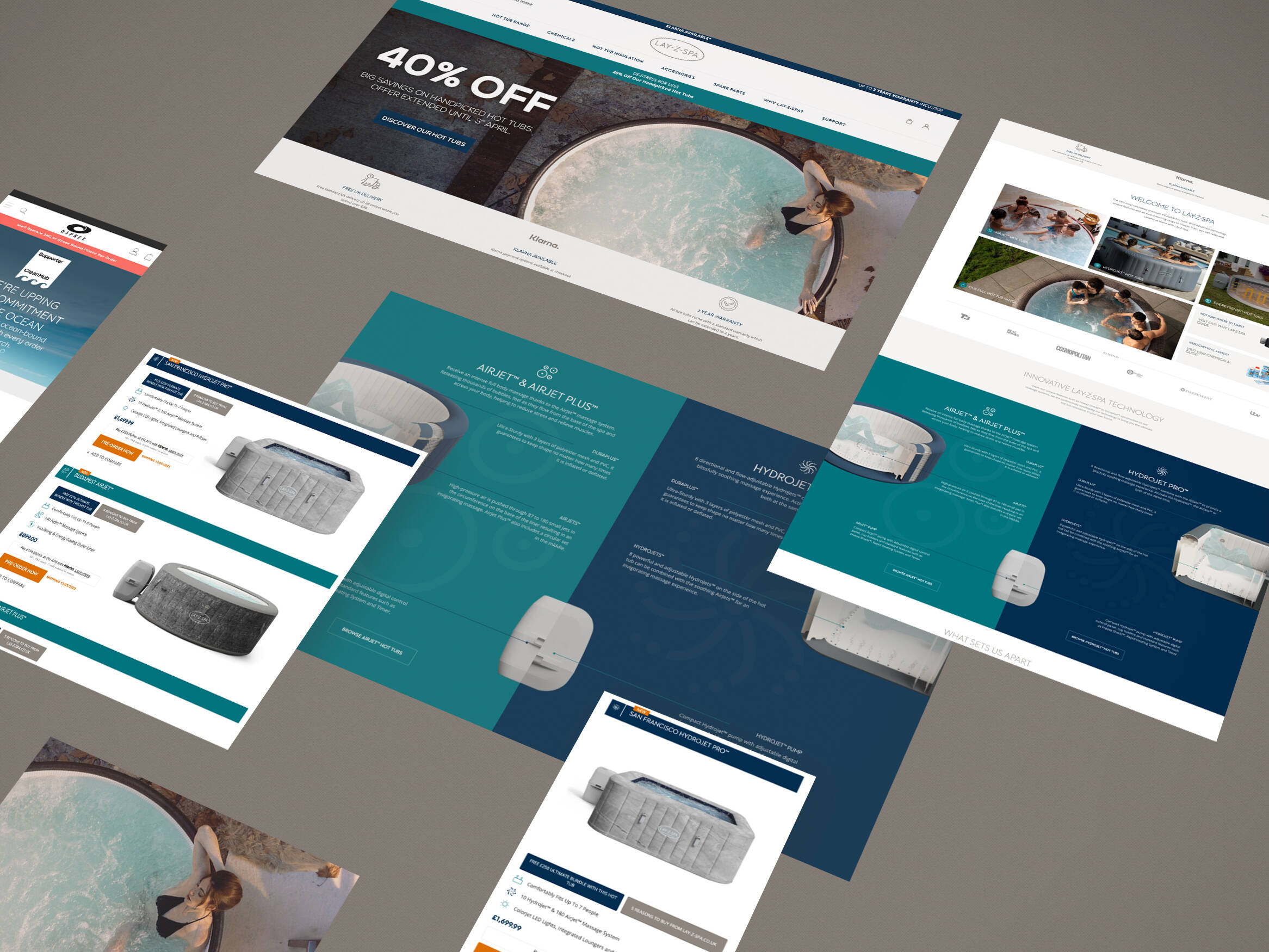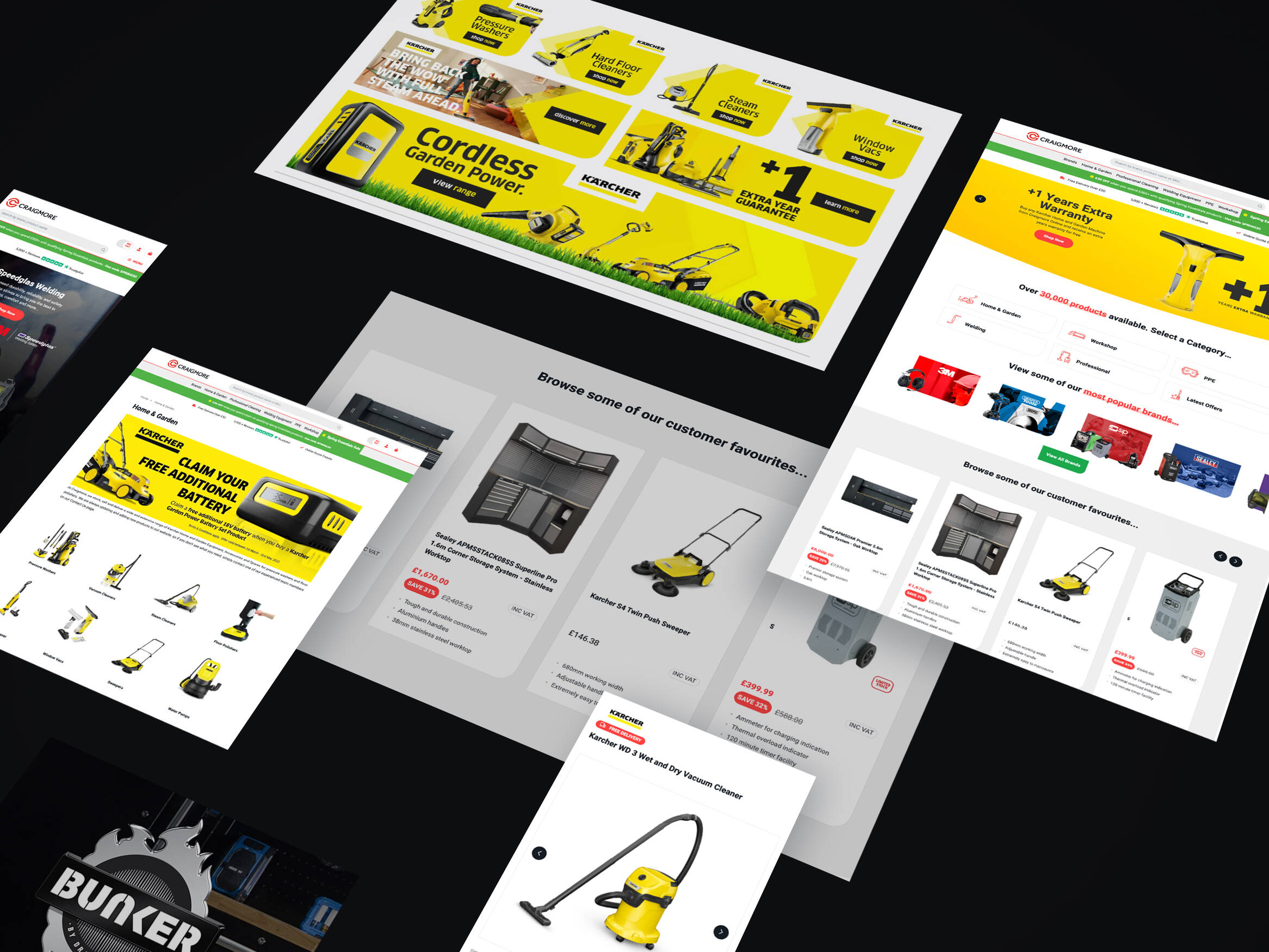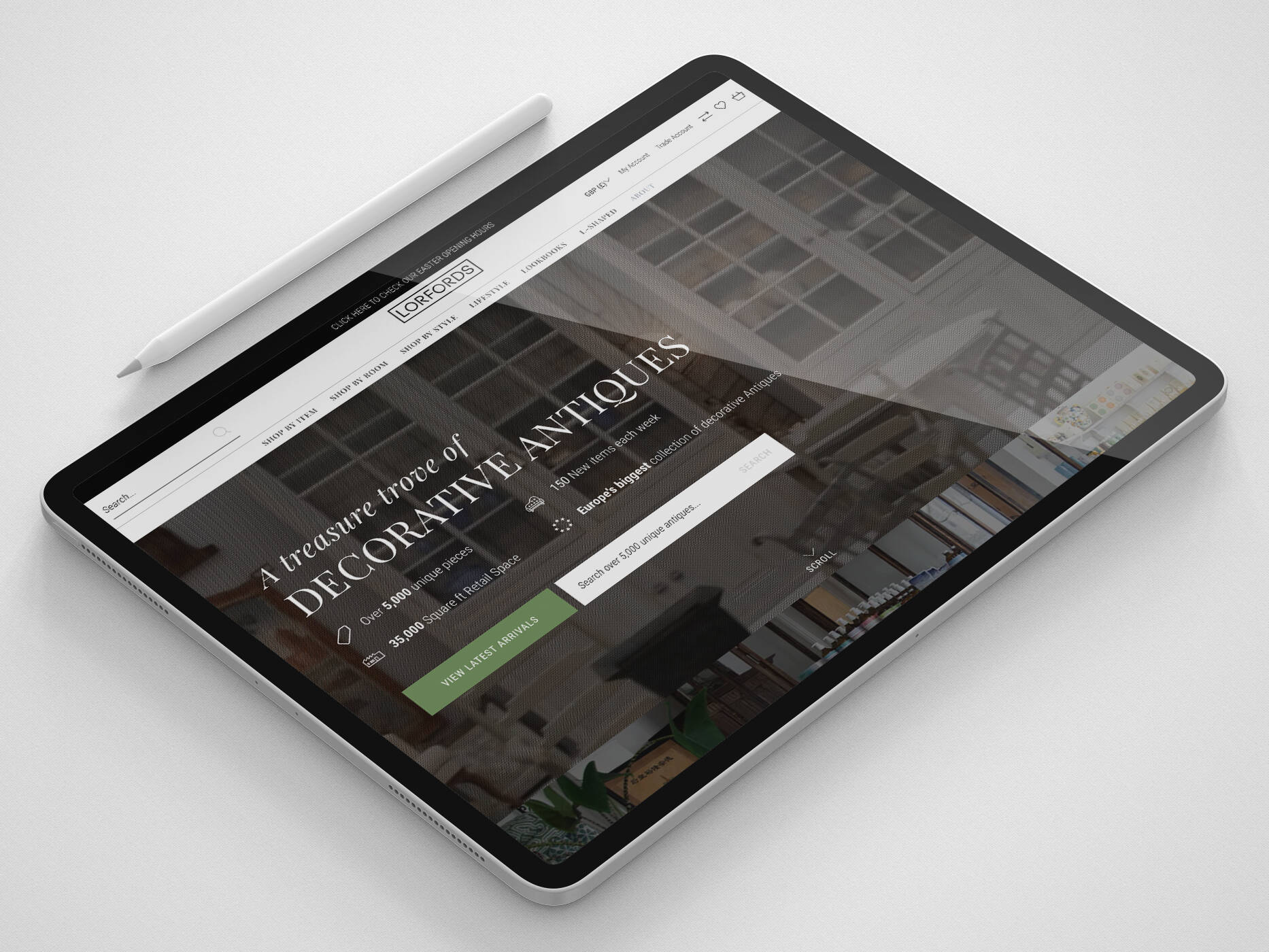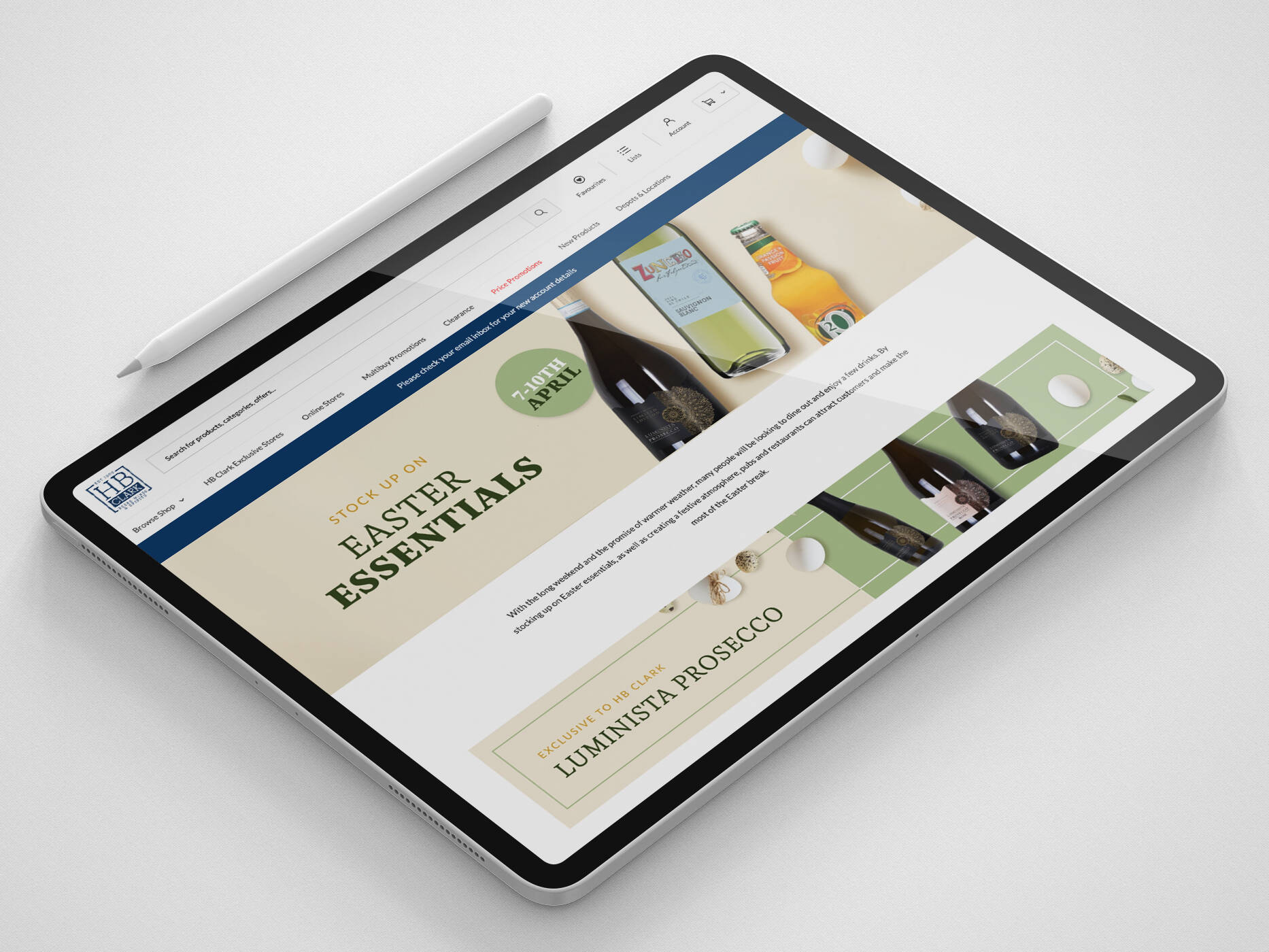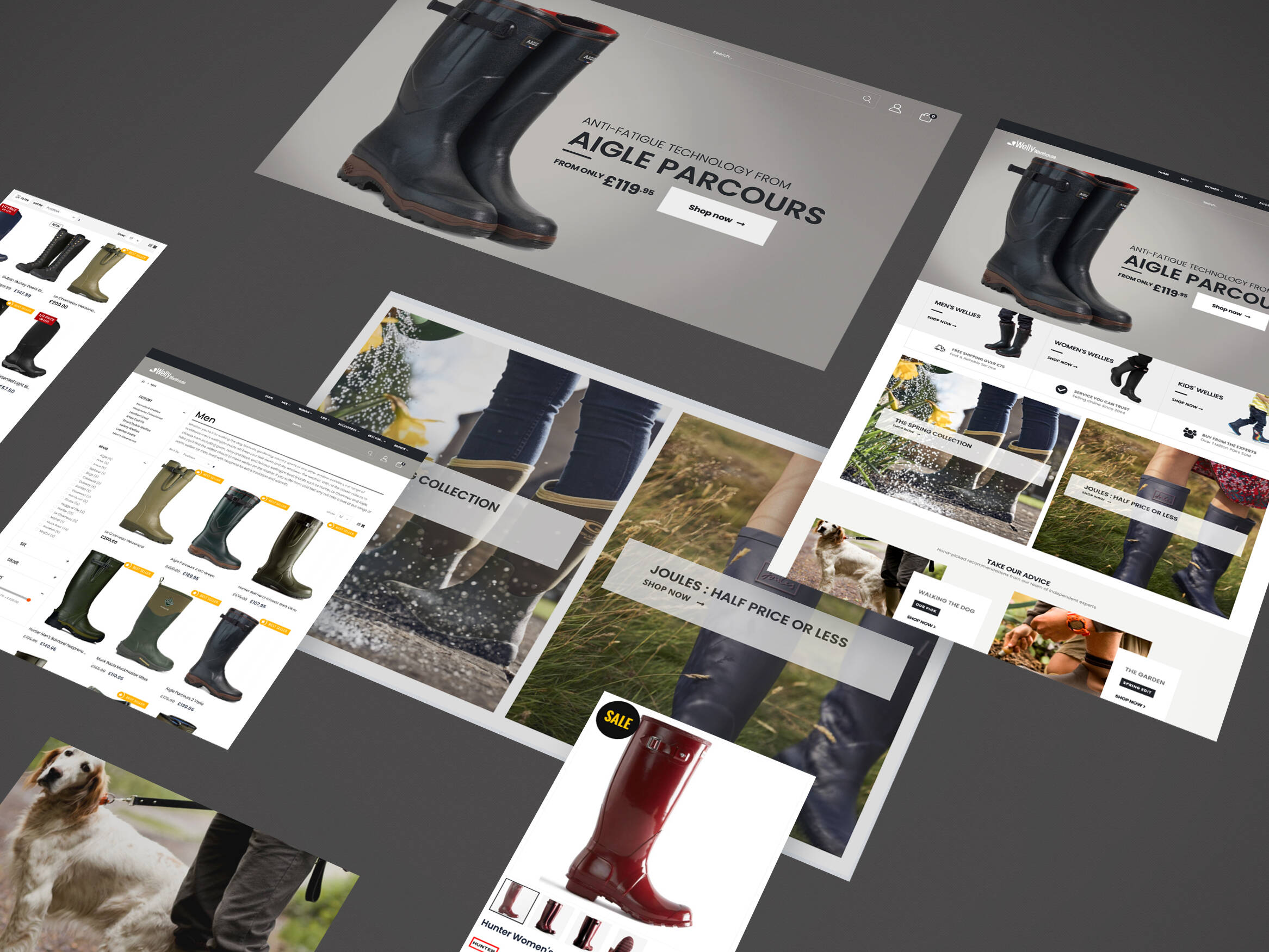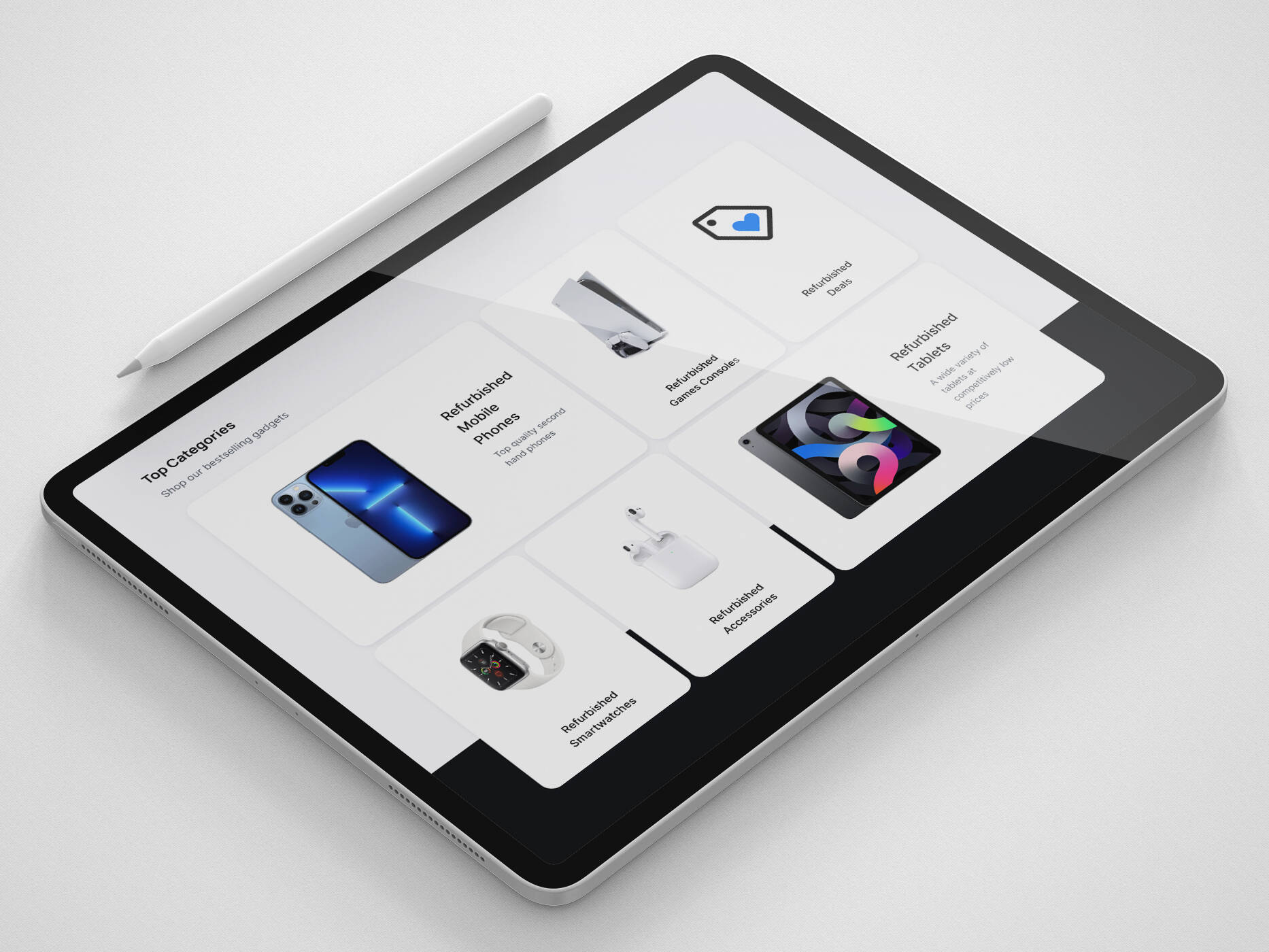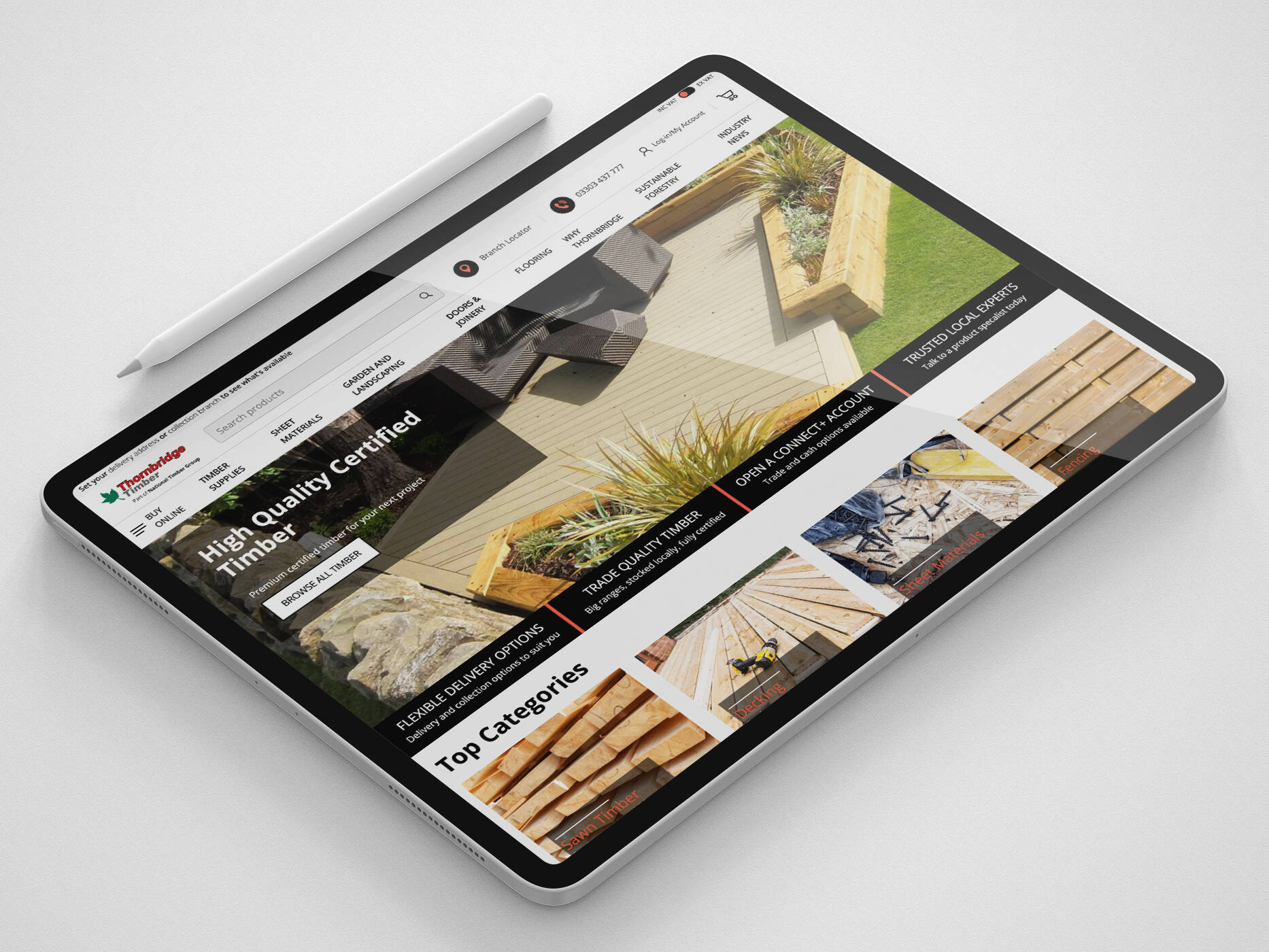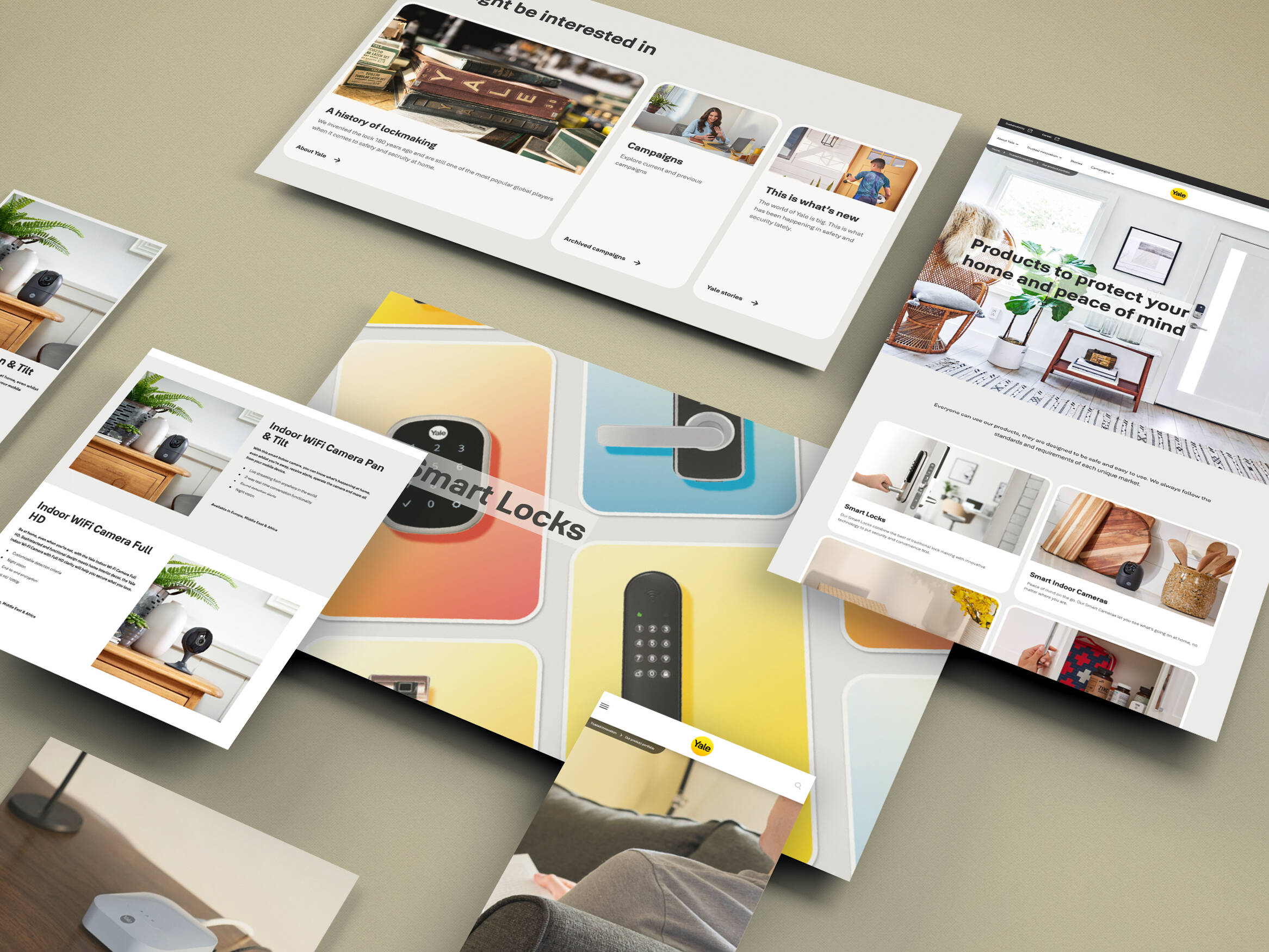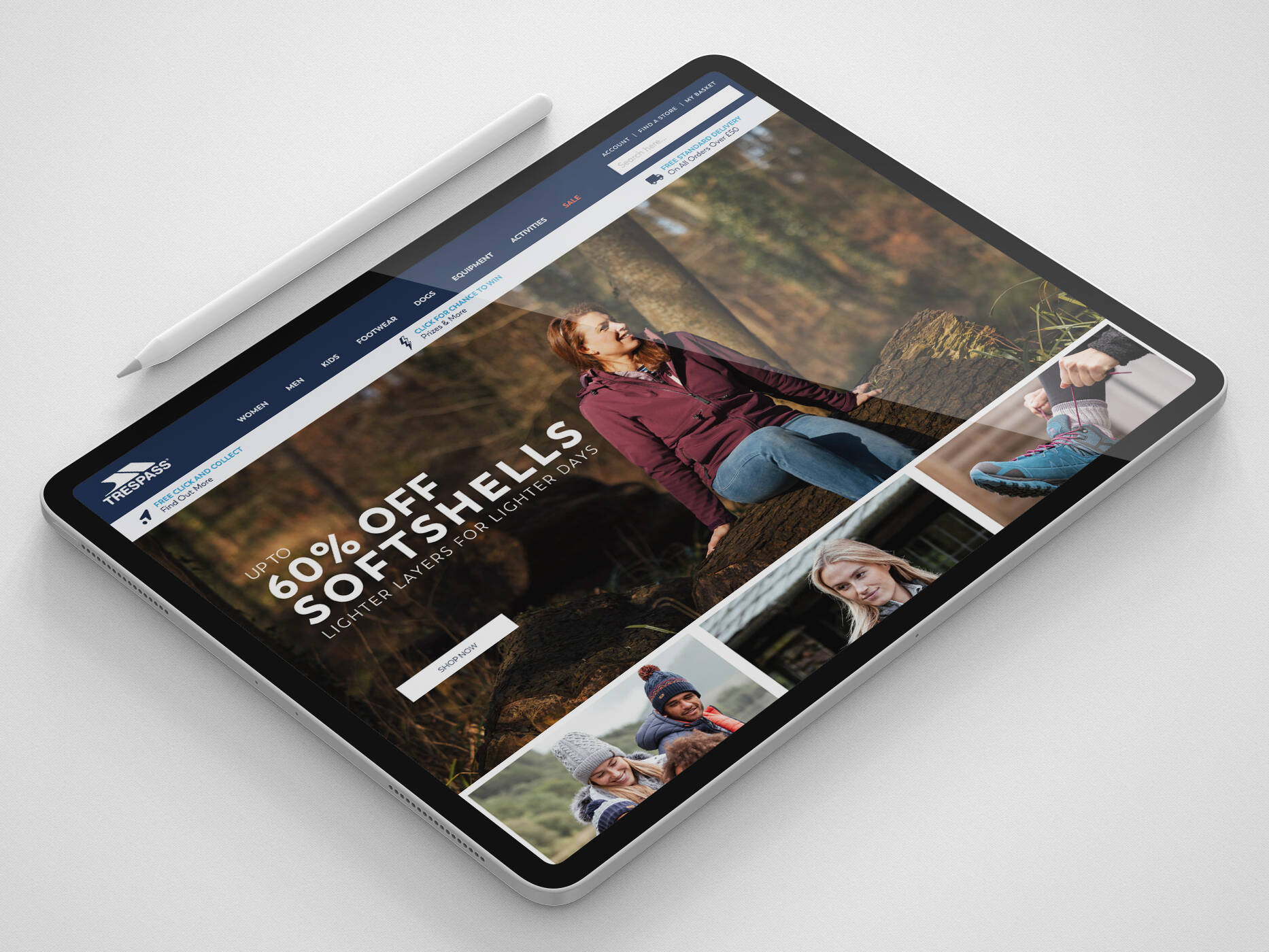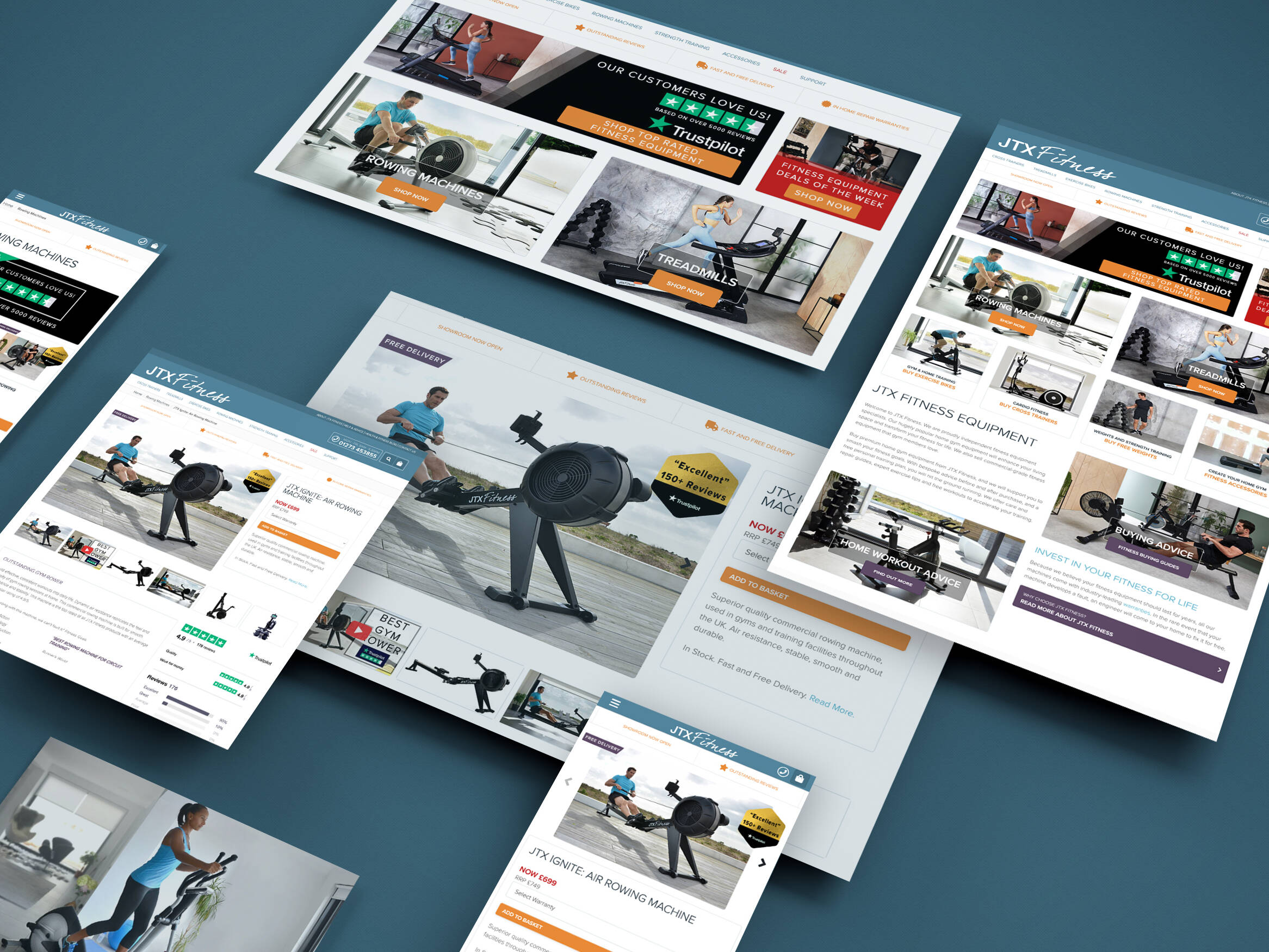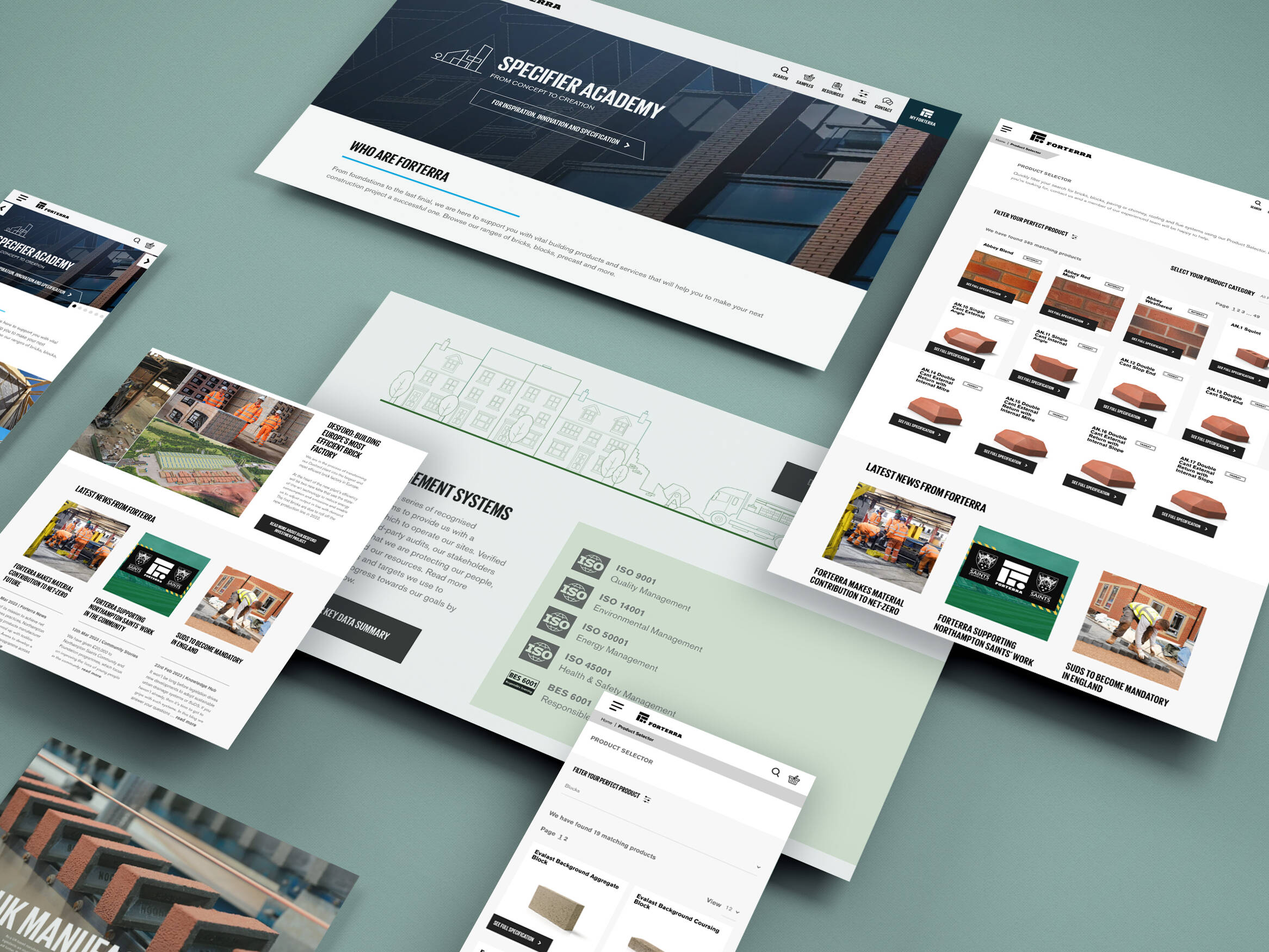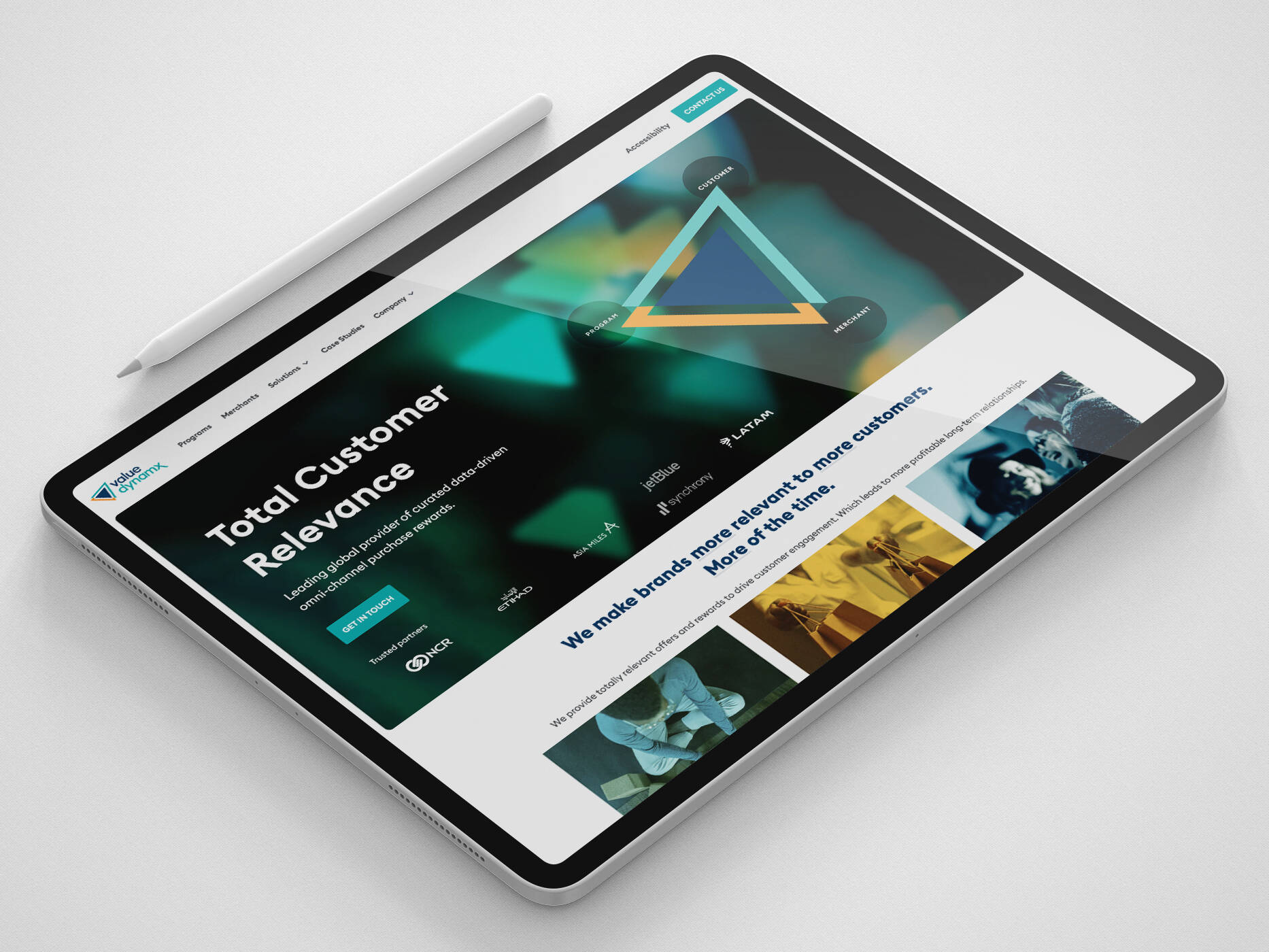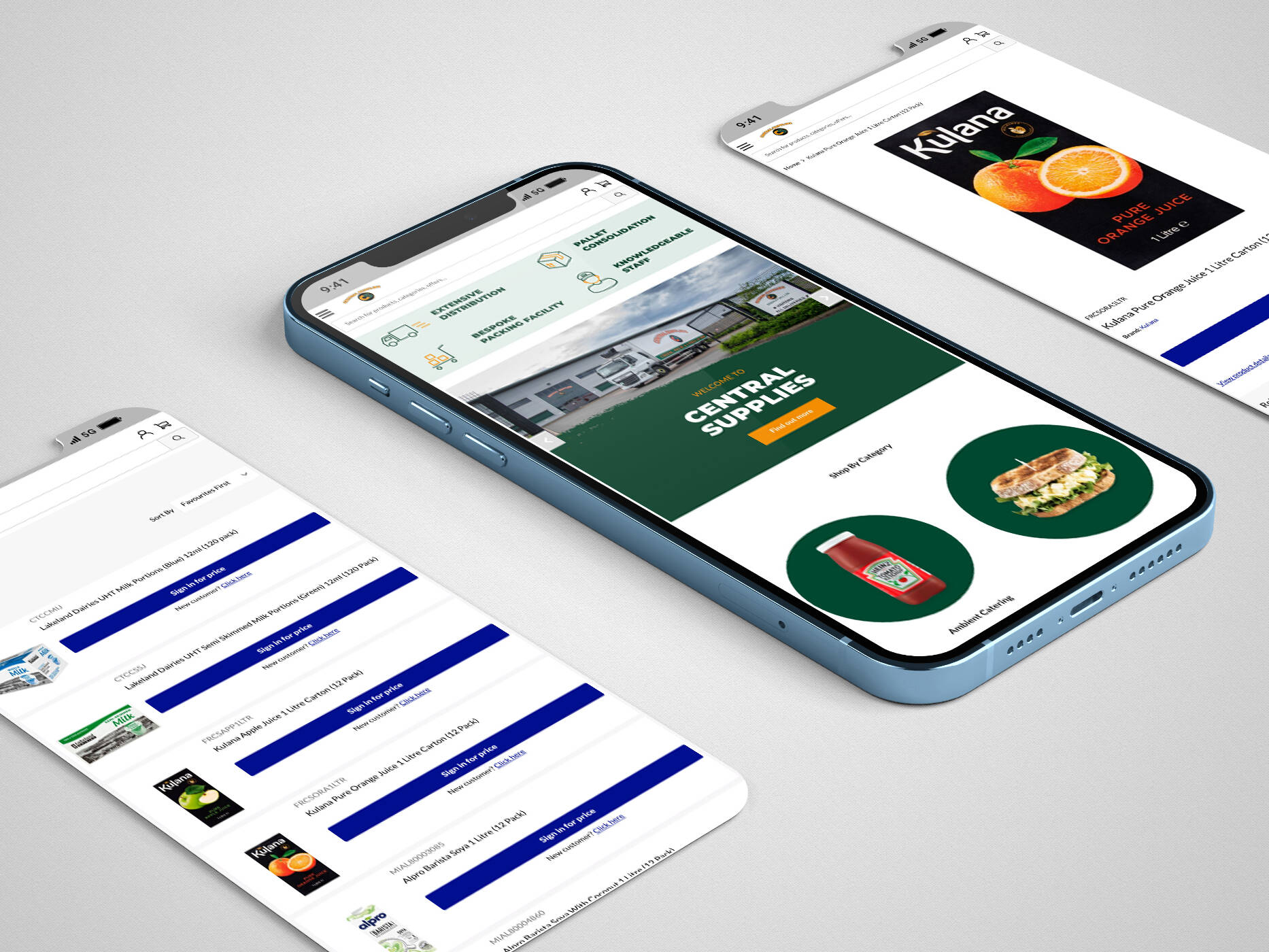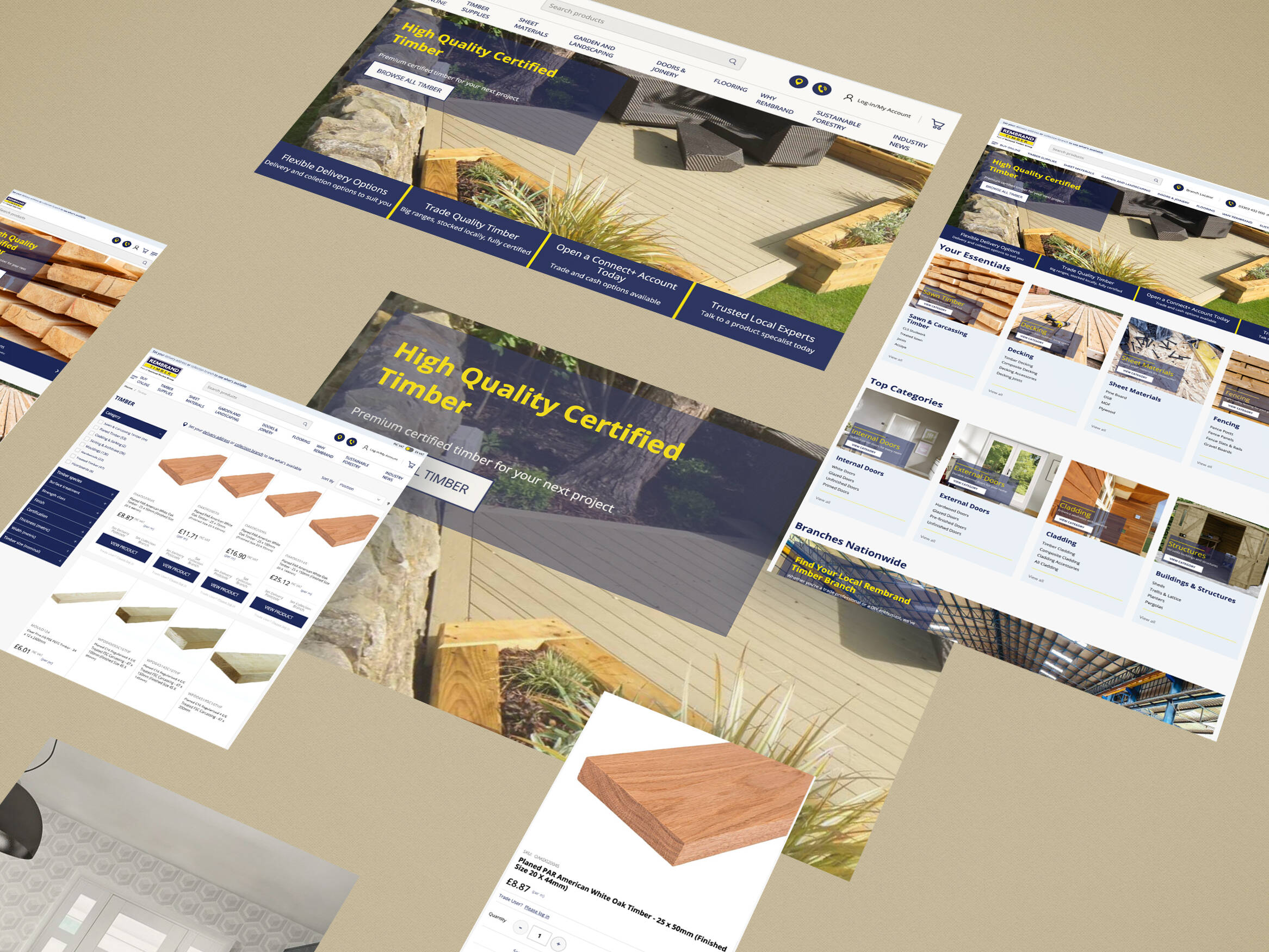I’m Phil Wylie, a Staffordshire University graduate. I graduated in 2011 with a degree in Computing Science: Web Development. I now oversee applications as well as sit in on technical interviews.
This is advice for those applying for their placement year but is also relevant for those looking to apply for graduate positions.
A bit about iWeb
iWeb is a 25-strong agency based in Stafford. The team comprises:
- Project managers
- Marketing specialists
- Designers
- Front end developers
- Back end developers
iWeb is an eCommerce agency. We specialise in Magento and WordPress with a dedicated, in-house marketing team. We build websites which perform both from a technical and business standpoint.
I’ve been with iWeb for six years now working as a back end developer specialising in WordPress.
A bit about my placement
I spent a year working in-house at a FTSE 100 company in London. The role included manning the help desk and working on internal projects.
Their web presence comprised many regional websites, each with their own marketing department. The web team was also responsible for the maintenance of the company intranet.
The placement experience was invaluable. Coming fresh from an academic environment, the “real world” hit me hard. The placement helped me understand the priorities businesses face.
Compared to working on a university project, there is some degree of control lost. You don’t have the final say over creative/technical decisions. There’s a balance between what’s “right” and what’s achievable within the constraints.
Landing the perfect placement
Here is my advice to those looking at applying for a placement, based on my experience of vetting and interviewing over the last six years.
Meet as many people as you can
Meetups, conferences and networking events. There are many opportunities to get involved and meet people.
Staffordshire University provides networking opportunities. When it comes to opportunities after university, GradEx is one of the most important. GradEx is an opportunity to show off the culmination of your studies and to present your final year project to potential employers.
It was at GradEx where I met iWeb. I didn’t know that I’d made such an impression until I received a call inviting me to interview!
Don’t be afraid to reach out to companies, even if they don’t offer placements. There’s no harm in contacting people and asking questions or for advice.
Attending local meetups and conferences shows potential employers you have a keen interest.
Meeting people and making connections helps. If not directly, an introduction through a mutual contact can be powerful. Compared to a cold enquiry, it can get you a foot in the door and gain you a slight advantage.
Your communication
When you work for a company, you’ll be writing emails, talking with clients and representing the company. You want to come across as friendly and professional.
If you can, have someone proofread any important documents. Your personal site, CV and covering letter can all be proofread. Pick someone who can be critical, honest feedback will help you squash little mistakes.
Tap into the University’s resources
Staffordshire University has an excellent careers department. Book an appointment, they’re happy to offer advice and lend a critical eye over your CV.
Have a personal portfolio site
It’s one thing to list the relevant web modules you’ve completed at university. But having a personal site shows you have an interest beyond what’s expected of you.
There are a lot of moving parts involved in getting a website live. Building the thing in the first place, hosting, domains and DNS. Having a personal site demonstrates your skill and understanding.
You can show off a portfolio of websites you’ve built, or link off to experiments you’ve worked on.
As an employer, it’s a quick way to get an understanding of where you’re at. It can also serve as a useful focus/talking point in an interview.
Incomplete websites look unprofessional
Most of us understand the concept of “content first design”. But as web developers, we’re often the first to ignore our own advice!
I love building websites. I’ll spend days researching all the latest static site generators to find the perfect one. Time invested in writing the perfect build script seems wise. Perfecting the back end and front end code is an endless task. Writing the actual content? By the time I’ve built the thing… it seems I haven’t got the time, energy or motivation to fill out the labyrinth of pages I’d planned out.
Avoid “coming soon” messages. Drop incomplete pages from your navigation. Take a content first approach. Decide upon what you want to include. Write the content. The rest should be easy. It might turn out you can get away with a one page website.
Linking off to other profiles
A row of social media icons is a common component of a personal site. Twitter, LinkedIn and GitHub are good profiles to promote if you have activity. Consider the value in linking to your closed-off, personal Facebook profile. Are you inviting people to add you as a friend?
It goes without saying, if you don’t have a presence on a social network, don’t have an icon with an empty link…
Tailoring your CV
Research the company you’re applying for. Pick out key points from the job spec. If you don’t have specific experience in one area, try and tie in something you do have experience in.
You might not have worked with Magento but you may have experience with an alternative PHP-based eCommerce platform. Tell us about that. Failing that, any experience working with PHP is likely relevant.
It’s important to tailor your CV/covering email. Particularly when applying across a range of industries/specialisations. If your CV focuses on your passion for writing desktop apps, it could come across negatively when applying for a web development role. It might sound like you’d be uninterested/unfulfilled when it comes to building websites.
Incorrect capitalisation and consistency
I have an issue. It’s something I need to work on. It annoys me when I see company names and technologies with incorrect capitalisation.
Write company names as the company does. I’ve seen “adobe” and “microsoft” more than a few times.
With technology, it’s a nightmare. We have HTML and CSS. But then we have Sass, JavaScript (or JS). It doesn’t take much to look up the generally agreed upon capitalisation.
Projects such as WordPress and jQuery have specific capitalisation. Anything else is spelling the name wrong. If it was a person, it’d be an insult. You can’t say you’re an expert in something and then immediately spell it wrong.
When it comes to headings within a document it doesn’t matter whether you choose sentence or title case so long as you stick to a consistent style.
Random capitalisation of Certain Words [sic]
It seems certain words are considered important and so are capitalised. An example:
“I’m an experienced Front End developer. I focus on front end technologies to build websites.”
I’m not sure where this has come from but I’ve seen it more than a few times. It’s unnecessary and often inconsistent throughout the document.
How job specs come about
Admittedly, it’s not so bad with smaller companies, but I swear this is how job specs are written…
HR need to hire a placement student. They ask the web department’s manager what they need. Job specs are important but managers are busy people. Wanting to come up with a realistic spec, the manager fires over an innocent email, out of the blue, asking their colleague… “what exactly it is you do around here?”.
This poor colleague crafts a reply. Their ego gets involved. They want to come across knowledgeable, important… They’ve just been asked to justify their value! Panic sets in.
They note down every technology they’ve worked with. Even if it only made up a small part of an obscure, rarely touched project. What’s on the horizon? What might we look into using next year?
HR end up with a list of technologies. They don’t have a clue what any of them are and to be honest, they don’t care. They put together their job listing including this unrealistic, daunting list of technologies all listed as required. If you’re lucky and the listing is proofread, maybe some skills get bumped to a desirable section…
I guess my point is, don’t dismiss a job because of a daunting list of requirements. If you at least recognise some or most of the requirements, you’re likely in a great position. Particularly when applying for placements or graduate level positions. It’s understood that you might not have experience in all areas.
Interview nerves
It’s expected that you might be nervous. In fact, the feeling is likely mutual. Once you get past the awkward introductions, you can relax. Break the ice with the classics, how was the journey/the weather etc…
Be friendly and professional. Relax in the knowledge that if the job’s not a good fit, then it wasn’t meant to be. You wouldn’t have enjoyed working there anyway. And if nothing else, you’ve got more interview experience!
Did I mention we’re hiring?
I hope some of my advice is useful. Feel free to get in touch if I can answer any specific questions you may have.
We’re looking to take on placement students. Take a look at our careers section, in particular, the details on our Graduate Programme 2017.
Get in touch
We know commerce, let us help you improve customer experience, increase conversion rates, and make that digital change.
- hello@iweb.co.uk

